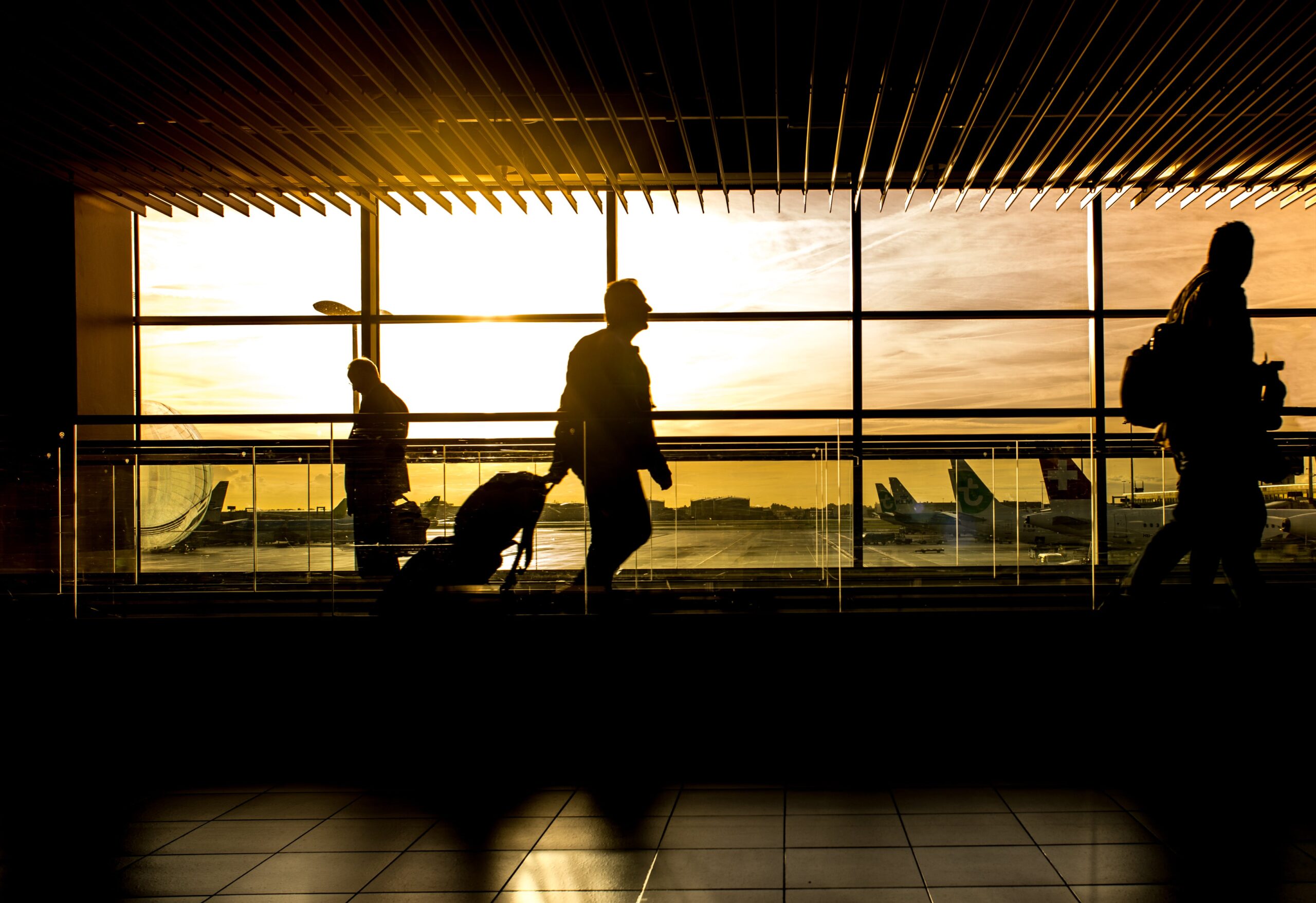
Technology is evolving at an unprecedented rate, and leaders within the serviced apartment industry are constantly adapting to stay ahead of the curve. In the recent discussion in webinar “Tech Talk: Serviced Apartments and Extended Stay Evolution” hosted by Serviced Apartment News, key industry players—including Synergy’s Head of Information Technology, Lance Bradwell—shared their insights into the trends shaping their businesses and the challenges they face. Here’s a snapshot of the key takeaways from this fruitful and thought-provoking conversation.
1. Blurring the Lines: short term stay vs. long-term stay
One of the prominent trends highlighted during the webinar was the blurring of lines between short stay and long term stay accommodations. While noting technology has come a long way within our industry creating efficiencies across the end-to-end process, Charlie Delamare, Solutions Architect at Mews, noted the challenge lies in managing both lengths of stays in one system due to the different operational nuances and pricing strategies. Marc Vilar, CEO at Apartool seconded Charlie’s sentiment, noting that technology was lagging behind for long term stays.
2. The Inevitable Adoption of AI

With AI progressing at breakneck speed, artificial intelligence was a topic that came up multiple times throughout the discussion. The overarching message between each panellist included AI’s progression at an almost scary speed—and from chatbots to generative AI, the consensus was that artificial intelligence holds the capabilities to re-shape the end-to-end management of serviced accommodation programmes, offering highly personalised experiences based on data-driven insights.
On data and AI, Lance noted the ability to capture up-to-date, relevant information was the key to getting AI right. On the back of that, Charlie also noted the collection of this data has gone way beyond general demographics such as age and gender, but AI can now provide the ability to predict booking trends in temporary housing via more in-depth behavioural data such as the impulsivity of guests.
3. AI’s impact on data security
On the heels of Lance and Charlie’s stance on artificial intelligence, the discussion turned to data security within furnished housing. The panellists agreed that with AI’s requirement for vast amounts of data to be successful, comes a substantial data security risk which needs to be managed carefully. On a more positive note, Lance noted that businesses are only as strong in data security as the individuals using such data—highlighting an opportunity to invest in robust associate training programmes and encryption practices to ensure individuals don’t unknowingly put the security of data at risk.
4. Cloud-Based Transition

When questioned by Eloise Hanson, Editor at Serviced Apartment News, on the concept of cloud-based technology and its impact on traditional storage functions, Lance emphasised the transformative impact of adopting such a tool describing it as a “godsend”. Lance did, however, note that while the cloud offers speedy and easy access to information which could streamline temporary housing programmes, he also described it as a double-edged sword in relation to data security concerns. He noted that careful management was required in order to prevent unauthorised access to sensitive client data.
5. Temporary Housing and The Digital Customer Journey
When questioned on the digital customer journey for furnished housing, Andrea Rother, Director of Expansion at limehome shed light on her company’s fully automated approach, citing the importance of driving efficiencies at various points of the customer journey from reservations through to the stay, which in turn will enable organisations to scale quickly and drive costs down for corporates. Touching on customer demographics, Andrea also noted a preference for contactless services in temporary housing, most prominently adopted by younger generations such as Gen Y and Gen Z.
6. Challenges in Flexible Stays
When questioned on the challenges with technology, Charlie highlighted the importance of flexibility for both bookers and guests, noting that technology within our industry has traditionally been built on a short-stay hotel model, making it difficult to service diverse businesses and guest preferences. On the heels of his observation, Charlie brought up the need to create systems which support both serviced apartment operators and agents in a short-stay and long-stay capacity.

7. Human Touch and Technology
Despite a colourful and insightful conversation about technology, it’s benefits and the speed at which it’s advancing, the team all agreed that the power of human connection was still very important. More specifically, Marc spoke to the importance of the requirement of “24/7 human attention” for when technology doesn’t work as perfectly as we would like. On the other end of the spectrum, Andrea highlighted that in order to stay relevant in today’s world, firms must adopt technology. However, she also agreed on the importance of the requirement for an online/offline approach.
As technology continues to evolve at the speed of light, this particular discussion provided an insightful—and almost scary—look into the technological landscape, its challenges and opportunities in the furnished housing world. The future promises exciting possibilities for those who can harness the power of technology to drive efficiencies and personalisation across the board, all while remembering to keep the human element at the forefront.






